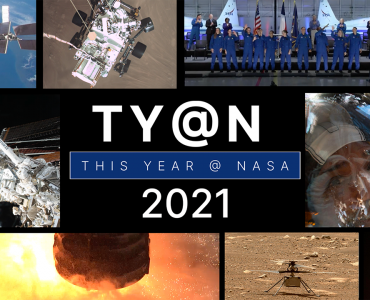The hospitality industry is rapidly evolving, and technology is playing a crucial role in this transformation. Robotics and Artificial Intelligence (AI) have emerged as major disruptors, with the potential to revolutionize the way we interact with hotels, restaurants, and other hospitality businesses. While these technologies offer many advantages, they also raise concerns about the impact on employment.
Robots in Hospitality Industry
Robots in the hospitality industry can take many forms, from customer service robots that interact with guests to autonomous delivery robots that bring food and drinks to their rooms. Some hotels are already using robots for tasks like room service, cleaning, and security. Facial recognition and voice-controlled rooms are also becoming popular features, providing guests with a more personalized and convenient experience.
One of the most prominent examples of this trend is the “future hotel” unveiled by e-commerce giant Alibaba in China. The hotel features human-less check-ins, facial scans, and voice-controlled rooms. While this kind of cutting-edge technology may seem impractical, more and more companies are focusing on humancentric tech that is affordable and suitable for everyday use.
AI Impact on Employment
One of the most significant concerns about robots in the hospitality industry is their potential impact on employment. While robots can perform certain tasks more efficiently than humans, they also eliminate the need for human workers in those roles. As more businesses adopt these technologies, there is a risk that many jobs in the hospitality industry will become obsolete.
Advantages and Disadvantages
One advantage of robots in the hospitality industry is that they can provide a more consistent and reliable experience for guests. Robots don’t get tired or make mistakes, and they can work 24/7 without breaks. This can help hotels and restaurants improve their efficiency and productivity, while also enhancing the guest experience.
However, the downside is that robots can also displace human workers, leading to job losses and economic disruption. While robots may be more efficient, they lack the empathy and interpersonal skills that human workers bring to the table. In a customer service-oriented industry like hospitality, these qualities are essential.
The Future of Robots in Hospitality
The impact of robots in the hospitality industry is still unclear, but it is clear that these technologies will continue to play a growing role in the industry. While there are concerns about their impact on employment, there are also many opportunities for businesses to leverage these technologies to enhance their operations and improve the guest experience.
Like the topic, let me know
I share science and tech news on my website for easy reference and to share with others. If you enjoyed this AI story, check out more in the technology category
If you are a tech enthusiast and feel that you can contribute to this topic feel free to reach out to me.
To check the original story Click here






